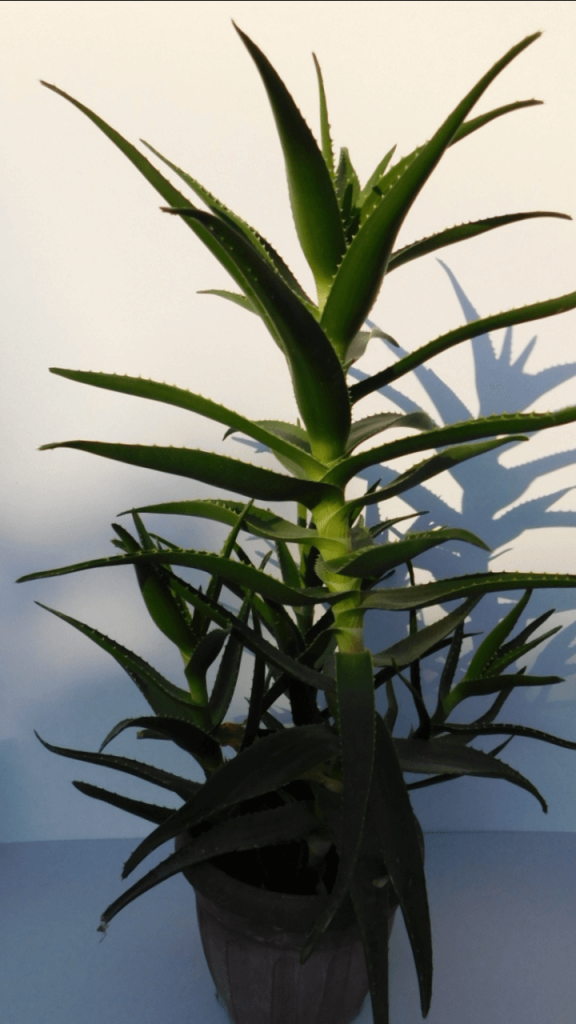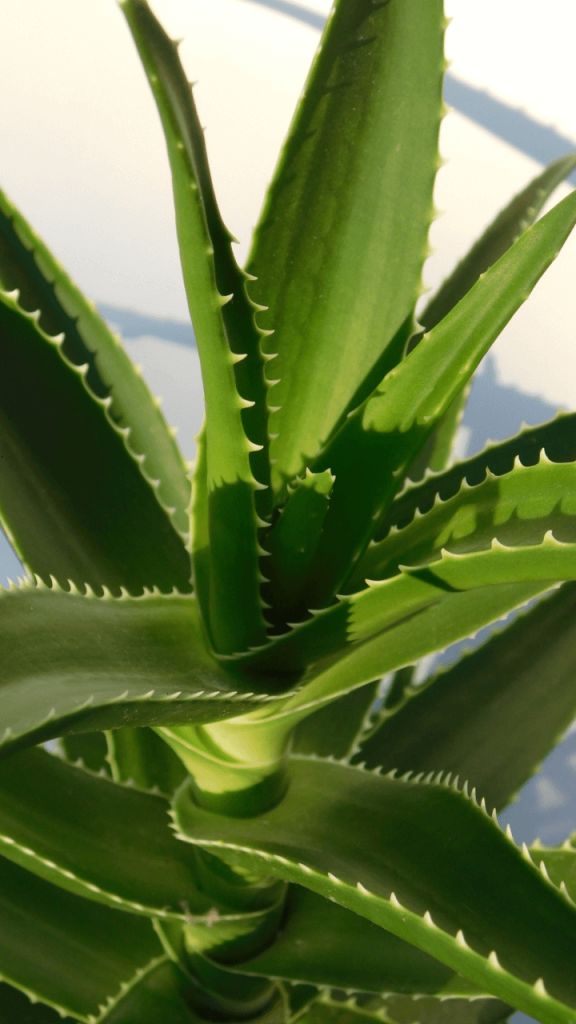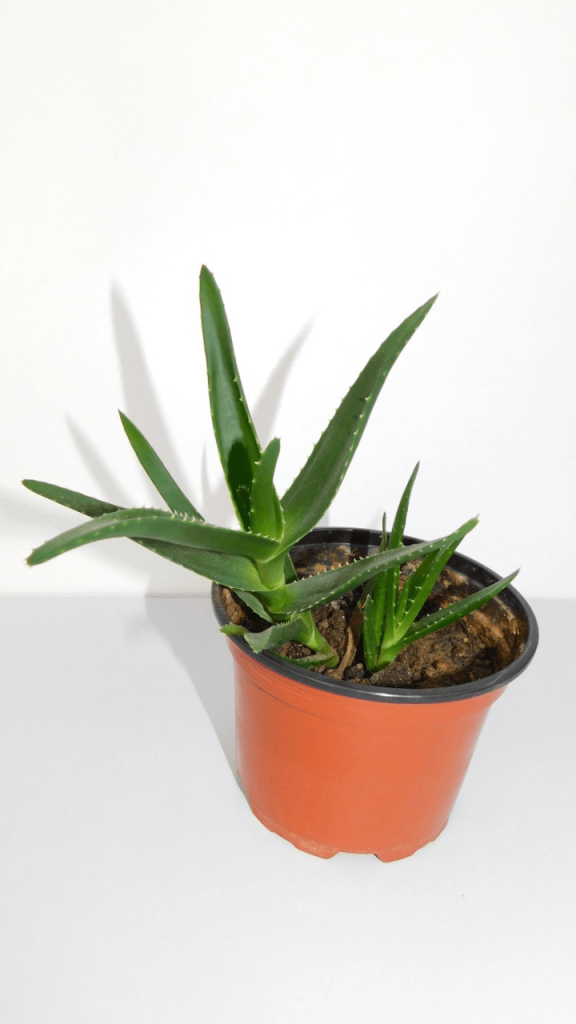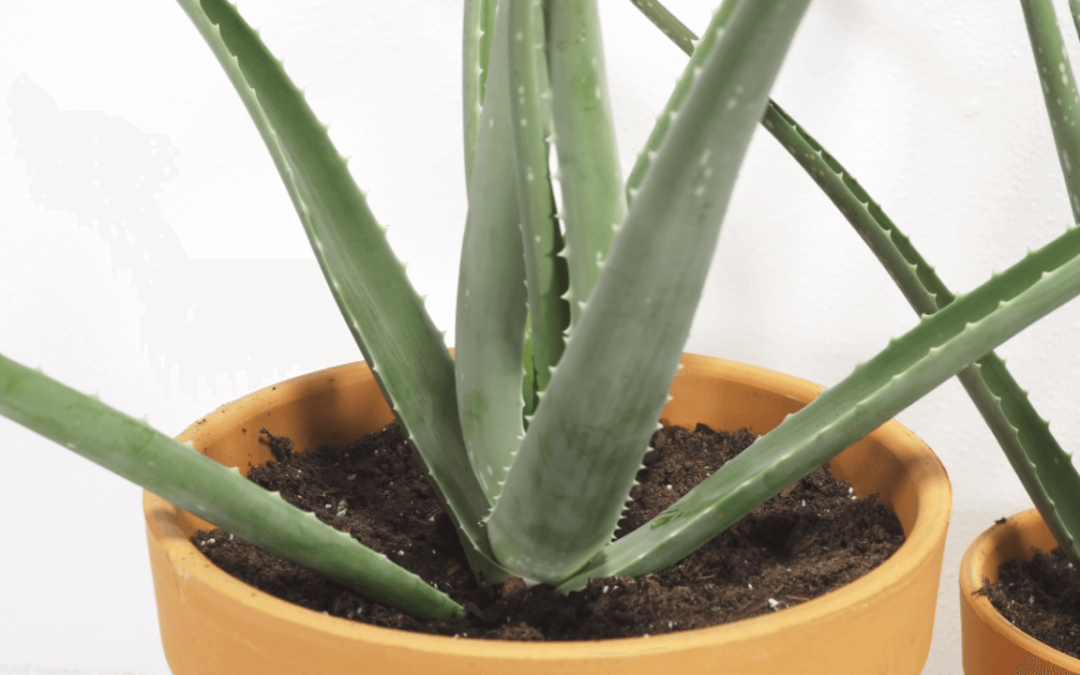Indoor air quality plays a crucial role in maintaining our overall health and well-being. Surprisingly, the air inside our homes can be more contaminated than the outdoor air, posing potential risks to our respiratory systems. As arborists, we recognize the importance of utilizing natural air-cleaning plants to enhance the air quality in our living spaces. Aloe Vera, a plant renowned for its beauty and medicinal properties, stands out as an exceptional choice in this regard.
Aloe Vera, beyond its aesthetic appeal, has been scientifically proven to possess air-purifying qualities. In our article, we will delve into the myriad benefits of incorporating Aloe Vera as a natural air-cleaning plant into your indoor environment. We will explore its unique ability to filter out toxins, its care requirements to ensure optimal growth, and how it contributes to fostering a healthier home atmosphere.
By the time you finish reading this article, you will gain a profound understanding of how Aloe Vera can effectively improve indoor air quality and why it is an invaluable addition to any home.
Benefits of Aloe Vera as an air-cleaning plant

A remarkable succulent plant renowned for its medicinal properties, has been revered for centuries. However, recent scientific studies have unveiled an additional benefit of this exceptional plant—it acts as a natural air purifier. As arborists, we appreciate the multi-faceted capabilities of Aloe Vera, including its ability to improve indoor air quality. Benefits:
- Elimination of harmful toxins: Aloe Vera possesses the remarkable ability to remove hazardous toxins like benzene and formaldehyde from the air. These toxins are commonly emitted by household items such as cleaning agents, paints, and furniture. By actively removing these toxins, Aloe Vera contributes to enhancing the overall air quality within your home.
- NASA study confirmation: In a renowned 1989 NASA study focused on indoor air quality, Aloe Vera emerged as one of the key plants capable of effectively purifying the air. The study revealed that Aloe Vera could eliminate up to an astounding 90% of airborne toxins.
- Targeted removal of specific toxins: Aloe Vera demonstrates remarkable efficacy in removing formaldehyde, a prevalent toxin found in carpets, upholstery, and various cleaning agents. Additionally, it exhibits proficiency in eliminating benzene, commonly present in plastics, synthetic fibers, and detergents.
How to care for Aloe Vera as an air-cleaning plant

To ensure your Aloe Vera plant thrives and maximizes its air-cleaning potential, proper care is essential. Here are some expert tips for nurturing this plant:
Lighting: These plants flourish in bright, indirect sunlight. Place it near a window with ample natural light, but shield it from direct sun exposure.
Watering: They don’t need frequent watering. Water only when the soil is completely dry, and let the soil dry out between waterings. Be cautious to prevent the plant from sitting in excess water, as overwatering can be harmful.
Soil: Opt for well-draining soil. A mix incorporating sand, perlite, or vermiculite is ideal, ensuring proper drainage.
Strategic Placement for Air-Cleaning: Position the plant in rooms where you spend significant time to maximize exposure to cleaner air. For greater benefits, consider having multiple plants in different areas of your home.
Versatile Room Placement: These plants can adapt to various indoor environments, including bedrooms, living rooms, and offices. They are particularly useful in areas with lots of synthetic materials or electronics.
Following these guidelines will help maintain the health and air-purifying effectiveness of your plant. The next section will delve into additional benefits of this plant, further enhancing your home’s health.
Additional benefits of Aloe Vera

In addition to its air-purifying capabilities, Aloe Vera possesses a multitude of other benefits that contribute to a healthier home environment. As arborists, we recognize the following additional advantages of Aloe Vera:
Skincare: Aloe Vera has served as a skin-soothing and moisturizing agent for centuries. Enriched with vitamins and antioxidants, it aids in skin healing and protection. By incorporating skincare products containing Aloe Vera, you can maintain healthy and nourished skin.
Digestive Health: Aloe Vera also supports digestive health. Its enzymes facilitate food breakdown and enhance nutrient absorption. Aloe Vera juice can alleviate digestive discomforts such as heartburn and acid reflux.
Low Maintenance: Aloe Vera is a plant with minimal care requirements, making it an ideal addition to any home. With its low watering needs and adaptability to various conditions, it thrives with ease.
By integrating Aloe Vera into your skincare regimen and dietary habits, you can reap the additional health benefits it offers. Moreover, its low maintenance nature ensures hassle-free enjoyment in any home environment.
Common Misconceptions About This Succulent: Debunking Myths and Separating Facts from Fiction
This succulent, widely acclaimed for its medicinal and aesthetic properties, is often surrounded by myths and misconceptions. A common myth is that it can cure a wide range of serious health issues. While it’s true that this plant has beneficial properties, especially for skin and minor burns, its effectiveness is often overstated. It’s not a cure-all solution for major health concerns like cancer or severe internal diseases, as some claims suggest.
Another widespread belief is that this plant is completely safe and without side effects. In reality, while it is generally safe for topical use, consuming it orally can cause adverse effects, particularly in its raw form. It contains compounds like aloin, which can be harsh on the digestive system, leading to cramps or laxative effects. People often assume that natural equates to harmless, but this is not always the case, and this plant is no exception.
There’s also a misconception regarding its air-purifying abilities. While it does improve air quality by removing some toxins like formaldehyde and benzene, it’s not a substitute for proper ventilation and air filtration systems. Some people mistakenly believe that just having a plant of this variety in a room can purify the air completely, which is an exaggeration of its capabilities.
Conclusion
Plants like Aloe Vera are often lauded for their air-purifying properties, but it’s important to place these benefits in the right context. They contribute to improved air quality by filtering out certain toxins, a feature especially valuable in modern homes where enclosed spaces can trap pollutants. However, these natural purifiers should be seen as part of a broader strategy for maintaining clean air, not as standalone solutions.
The role of plants, including Aloe Vera, in contributing to a healthier indoor environment extends beyond just air purification. These green companions bring a piece of nature into our living spaces, promoting a sense of well-being and connection to the environment. They remind us of the importance of sustainability and ecological balance, even in urban settings.
While the health benefits of plants like Aloe Vera, particularly for skin care and minor burns, are well-documented, it’s crucial to acknowledge that they do not possess miraculous healing powers for more severe health issues. Also, the general belief that all natural remedies are inherently safe needs careful consideration; while plants are generally safe for use in a home setting, their effects can vary.
FAQ About Aloe Vera: The Natural Air-Cleaning Plant
Yes, Aloe Vera is relatively easy to care for. It thrives in well-drained soil and requires moderate sunlight. It’s important to avoid overwatering, as this can lead to root rot.
Aloe Vera purifies the air through a process called phytoremediation. It absorbs air pollutants through its leaves and roots, converting them into harmless byproducts, thus reducing the concentration of toxins in the air.
Aloe Vera prefers bright but indirect sunlight. Excessive direct sunlight can scorch the leaves, so it’s best to place it in a location that receives filtered light.

